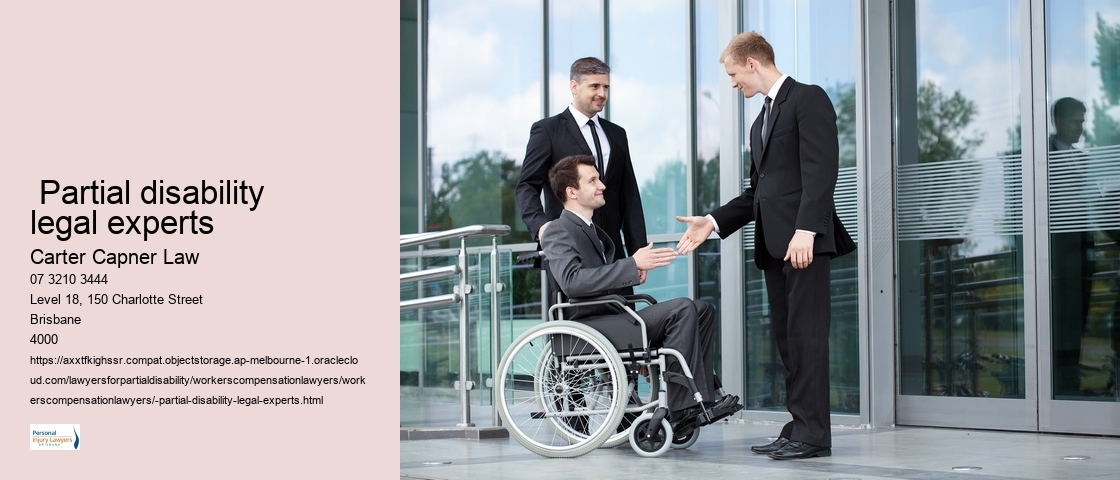Partial disability is a term used to describe those individuals who are not completely disabled, yet suffer from some physical or mental limitations that make it hard for them to perform everyday tasks. It can be (quite) debilitating and often leads to depression, anxiety, and even suicidal thoughts. Unfortunately, there's no universal definition of “partial disability” so legal experts must determine what qualifies as such on a case-by-case basis.
The laws governing these situations can vary greatly from state to state. Many states have adopted the Social Security Administration's definition of partial disability which states that it must cause an individual to be unable to pursue their normal job duties and any other type of work available in their area. However, this doesn't mean they necessarily qualify for Social Security benefits; instead, they may need to look into additional options such as workers' compensation or private insurance policies.
Furthermore, depending on the specific circumstances of a person's partial disability, it may also entitle them to certain rights under the Americans with Disabilities Act (ADA). This includes protection from discrimination in employment and access (to certain accommodations) in public places like schools and businesses. Additionally, many employers offer resources specifically designed for people living with disabilities; these can range from special equipment or furniture modifications to job coaching or training programs.
When seeking legal assistance for partial disability issues, it is important to understand all your options and potential outcomes before making any major decisions. It is also important to consult with an experienced lawyer who specializes in this area; they can explain the relevant laws clearly and provide you with the best advice possible. With proper support and guidance navigating through this difficult situation may become a bit easier!
Partial disability legal experts
